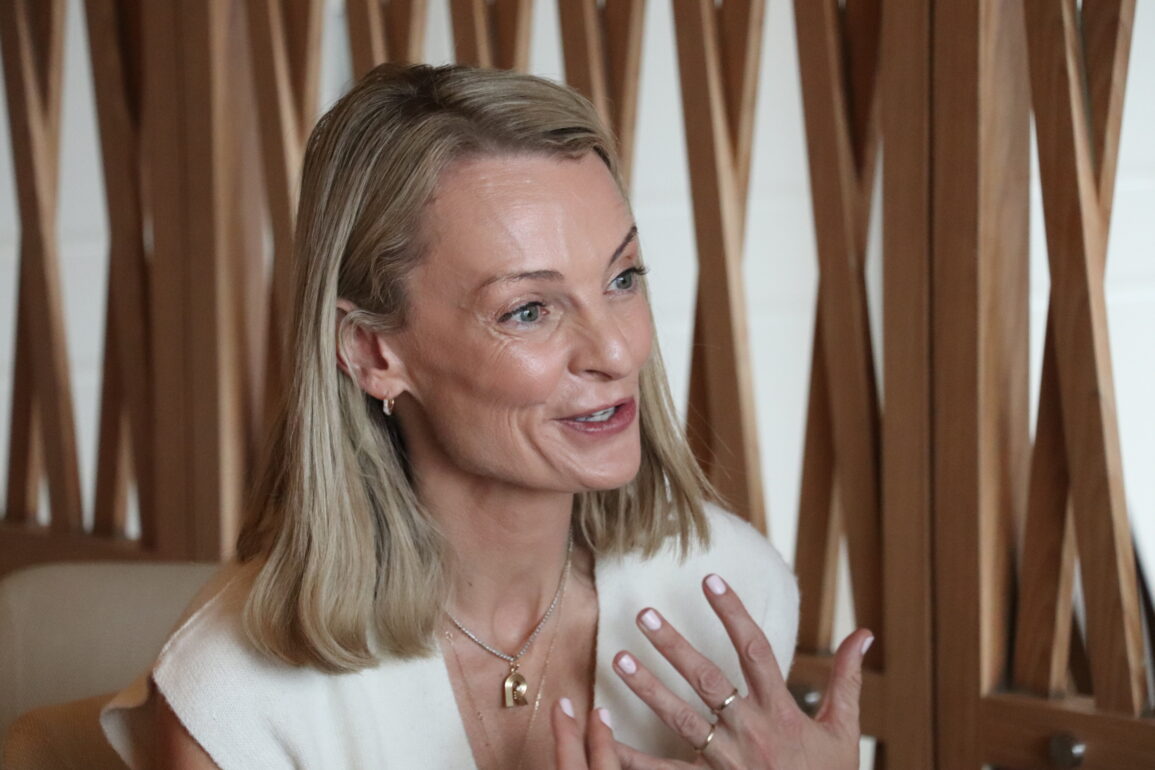As Africa’s Web3 economy expands, cryptocurrency fraud has emerged as a major concern, prompting industry leaders and regulators to take decisive action. Binance, the world’s largest cryptocurrency exchange, says it is actively working to combat scams, enhance cybersecurity, and support regulatory clarity in Africa’s fast-growing Web3 space.
Speaking at a press event in Nairobi ahead of a crypto community networking meet-up, Rachel Conlan, Binance’s Global Chief Marketing Officer, highlighted the company’s commitment to protecting users while fostering a secure environment for digital assets.
“Unfortunately, scams and cybersecurity challenges are a part of our everyday modern society. We are really committed at Binance, and we take security very seriously,” Conlan said. “We are deeply focused on the prevention of scams. We are very strict on the KYC (know your customer) [guidelines] that we follow. We do a lot of education and content distribution on how to spot a scam and protect yourself from scams.”
She emphasized that Binance’s dedicated compliance and cybersecurity teams collaborate with local law enforcement to mitigate risks associated with crypto scams.
The need for strong cybersecurity measures is evident. In 2021 alone, Kenyans lost $120 million to crypto-related crimes, while South Africans saw losses of $99 million, according to the Global State of Scams report. Globally, crypto crimes resulted in losses exceeding $20 billion in 2022.
Conlan stressed that crypto security begins with user education. “It is safe if you use the right platforms and do the right research, ensuring that you have multi-factor authentication activated and that your passcodes or passwords are kept secure and private,” she advised. Binance, she assured, continues to invest in security infrastructure and user awareness programs to help traders and investors safeguard their assets.
Championing Regulatory Clarity for Growth
Beyond security, Binance is also actively engaging with African governments to support the development of clear regulatory frameworks. While some countries, like Nigeria and Kenya, have imposed restrictions on digital assets, others, such as South Africa and Mauritius, are implementing tailored regulations to foster innovation while ensuring investor protection.
Conlan expressed optimism about the regulatory progress being made both locally and internationally. “We’re excited that regulatory clarity being set by Europe, being set by the U.S., already being taken seriously by Kenya is something that’s going to help us grow the industry more and create more economic opportunity,” she said. According to Conlan, well-defined regulations are essential for fostering innovation, increasing investor confidence, and ensuring the integrity of the financial system.
Kenya, with its high mobile money penetration and youthful population, presents a significant growth opportunity for Binance. The country already has over 4.4 million active crypto users, and Binance aims to expand its market share. “We’re at 5 percent penetration in Kenya. I would love to see it get to 20 percent penetration in the next 24 months,” Conlan stated.
Empowering the Future of Crypto Adoption
Binance is banking on Kenya’s unique demographic profile to drive adoption. “When you consider that 74 percent of Kenya’s 54 million population is under 35, you begin to understand the vast potential and opportunity that lies ahead for integrating cryptocurrency more seamlessly with traditional financial systems,” Conlan noted.
This young demographic, she added, represents not just a target market for Binance but also a driving force in Africa’s broader digital finance revolution. “The goal for [the community meet up] is for the newbies that are coming to educate themselves on; what is crypto, what is Binance, and how they can get involved. We also have a session on how individuals working at home can take advantage of passive income opportunities by being a content creator or educating other users,” said Conlan.
The Nairobi event was part of Binance’s ongoing initiative to educate users, ensure compliance with local and international regulations, and create a safer crypto trading environment. With regulatory landscapes becoming clearer in markets like Europe and the U.S., Binance hopes to align with these global standards while advocating for similar regulatory clarity in Africa.




